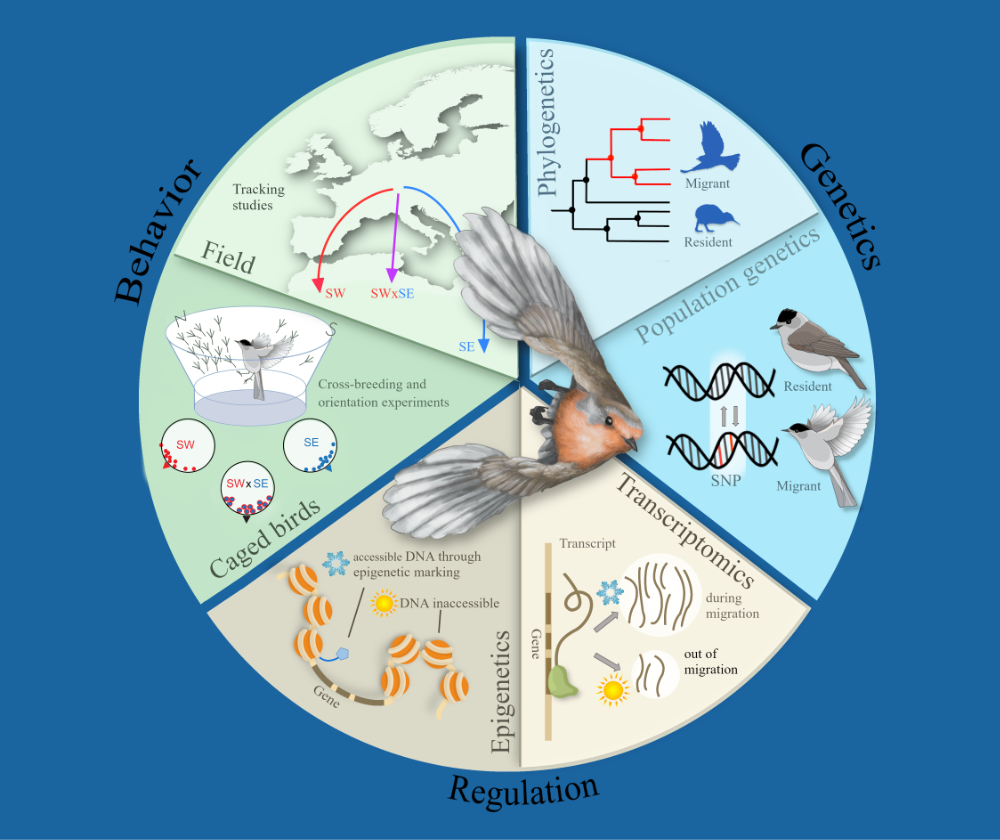Speaker
Description
Bergman, N., Lehikoinen, P., Kluen, E., Procházka, P., Stokke, B., Lo Cascio Sætre C., Eroukhmanoff, F., Thorogood, R., Rönkä, K.
Many species are currently undergoing range shifts to track their environmental niche with climate change. However, colonizing new areas can also cause changes in the shifting population. Repeated founder events are expected to erode genetic variation and reduce adaptive potential, possibly slowing or even halting the expansion. This is especially known to affect species with limited dispersal and gene flow, but it is less clear whether highly mobile species are experiencing similar bottlenecks during range shifts. Additionally, selection or spatial sorting for expansion-facilitating traits can lead to behavioural differences between range edge and range core populations. Here, we investigated the origin, and genetic and phenotypic effects of a recent, northward range expansion of the common reed warbler (Acrocephalus scirpaceus). Evidence from historical observations, ringing data from the leading range edge, and genomic RAD-seq data covering the European breeding range all support a southwestern expansion origin. Nucleotide diversity was conserved along the expansion axis, suggesting that with high enough dispersal capability even philopatric species can escape the genetic costs of rapid range expansions, retaining adaptive potential in newly colonized areas. One possible process that could facilitate sufficient gene flow despite philopatry would be the evolutionary change in levels of philopatry and dispersal during the expansion. These traits often correlate with other behavioural traits such as exploration or aggression, and I will present preliminary results from a range-wide behavioural experiment looking at these more closely.

